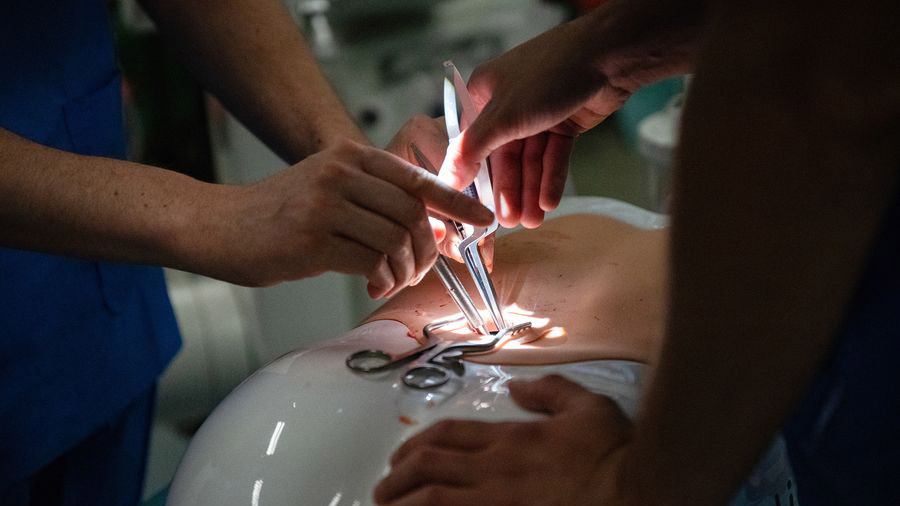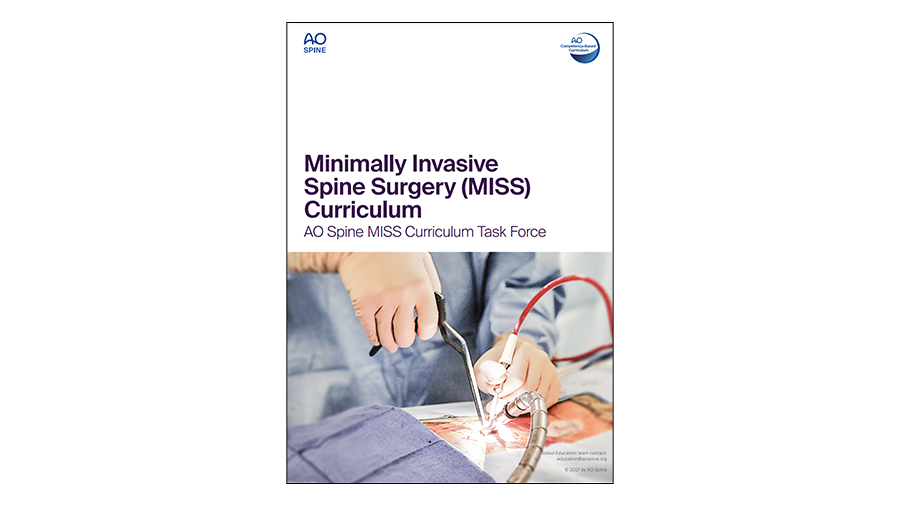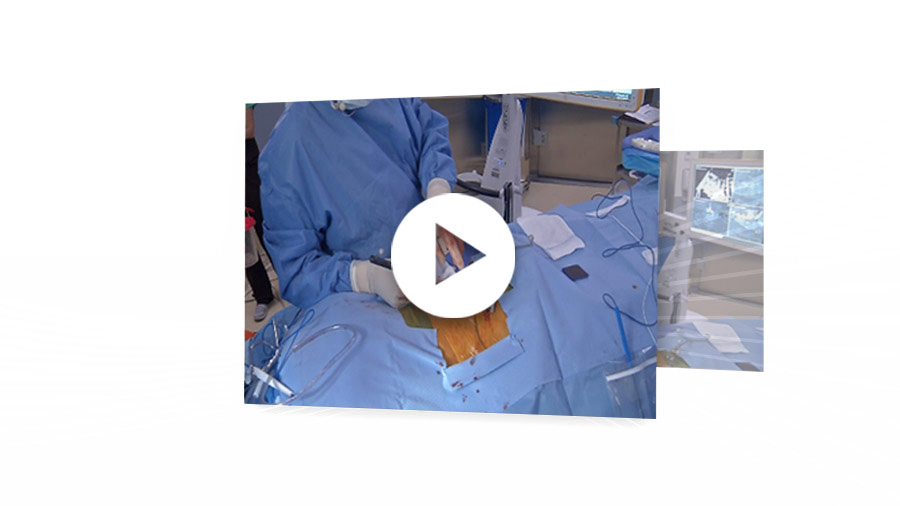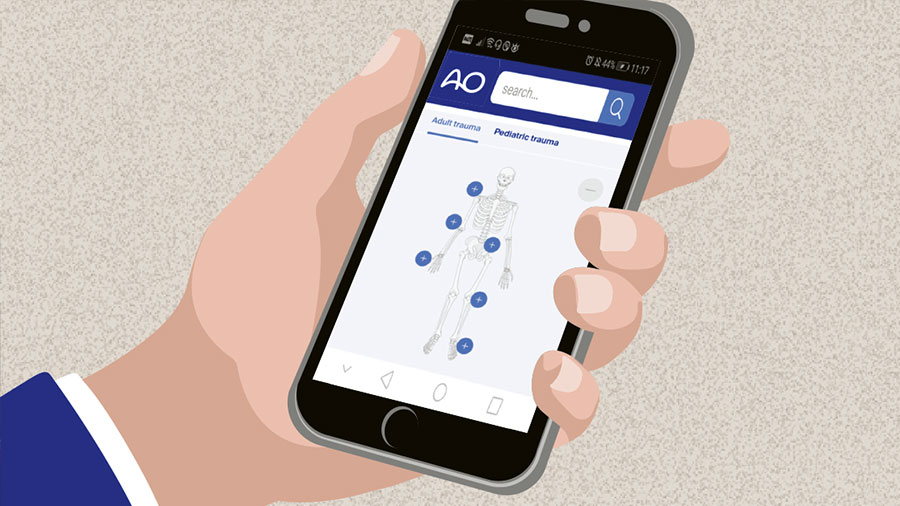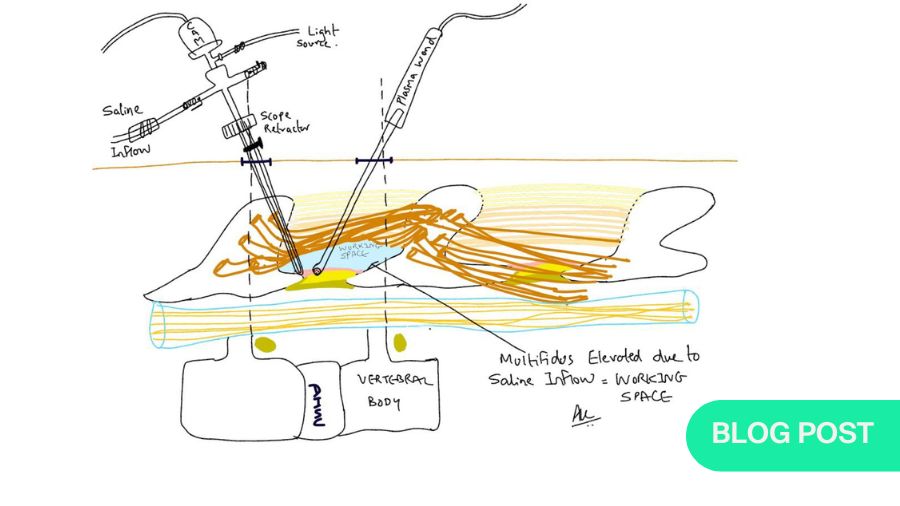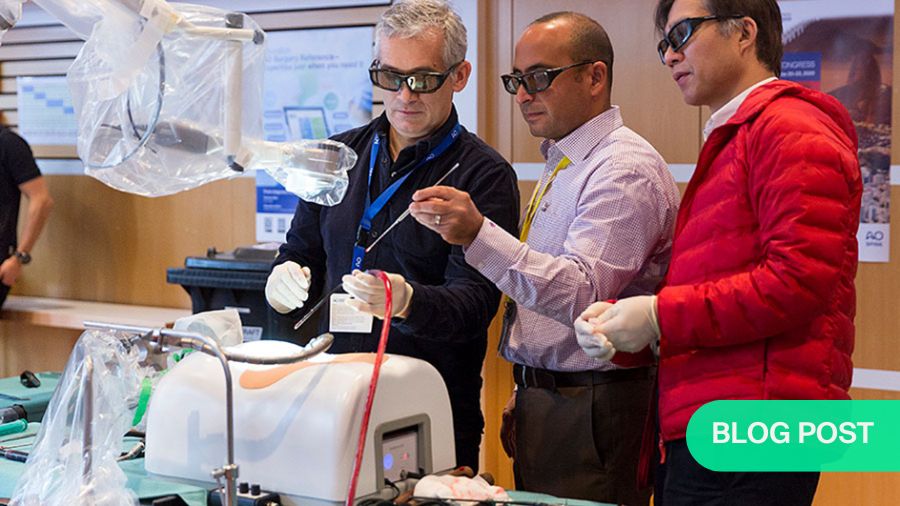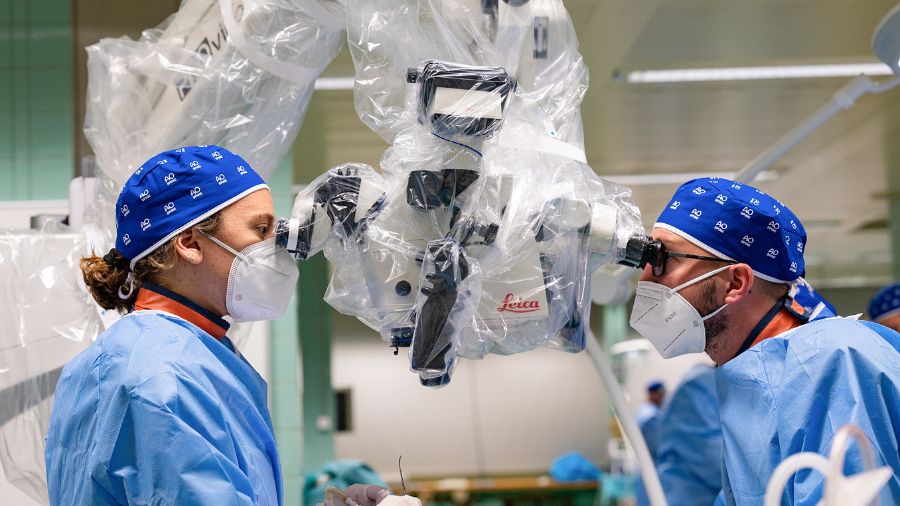Minimally Invasive Spine Surgery (MISS)
Explore the AO Spine MISS resources
Minimally invasive spine surgery is a suite of technology-dependent techniques and procedures that reduces local operative tissue damage and systemic surgical stress enabling earlier return to function striving for better outcomes than traditional techniques.
Studies show many advantages for MISS over conventional surgery.
AO Spine MISS educational material and courses cover all types of minimally invasive spine operations through tubular/microscopic, endoscopic, and instrumented procedures. They cover degenerative processes, lumbar spinal stenosis, disc herniation, spondylolisthesis, and many other pathologies that you deal with in your busy practices.
Find all upcoming AO Spine MISS courses here.
The AO Surgery Reference Degenerative module covers MISS treatments for degenerative disorders.
AO Spine MISS Spectrum Series online course
The AO Spine MISS Spectrum Series is a comprehensive learning experience for practicing surgeons who have little to no skills in MISS, fellows in an orthopedic or neurosurgery spine program, and residents in their final years who will specialize in spine surgery.
The course is developed and taught by the AO Spine MISS Task Force experts, global leaders in this field.
AO Spine Course—Advanced MISS Techniques
Master advanced minimally invasive spine surgery through intensive hands-on training with human anatomical specimens.
Based on the AO Spine MISS Curriculum, this course equips you with the full spectrum of skills, from accurately diagnosing patient conditions to confidently performing advanced procedures.
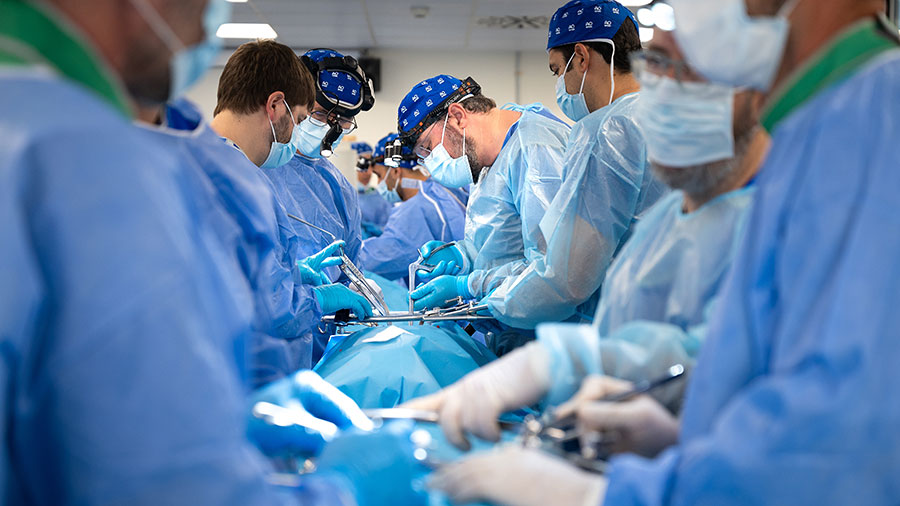
MISS Curriculum and learning material
MISS Curriculum Brochure
The AO Spine MISS Curriculum supports AO Spine faculty in designing MISS courses following the highest standards and in teaching MISS techniques from the 'simple' to ‘more complex' technologies.
MISS videos and webinars
Explore AO’s videos, webinars, and recorded events on MISS. Available to members only.
AO Surgery Reference
AO Surgery Reference degenerative spine disease modules developed by the AO Spine MISS Taskforce cover treatments for disc herniation, stenosis, and spondylolisthesis.
AO Spine MISS Task Force

Roger Härtl
Task Force Leader
Weill Cornell Medical College
New York, United States

Richard Assaker
Centre Hospitalier Regional Universitaire
Lille, France
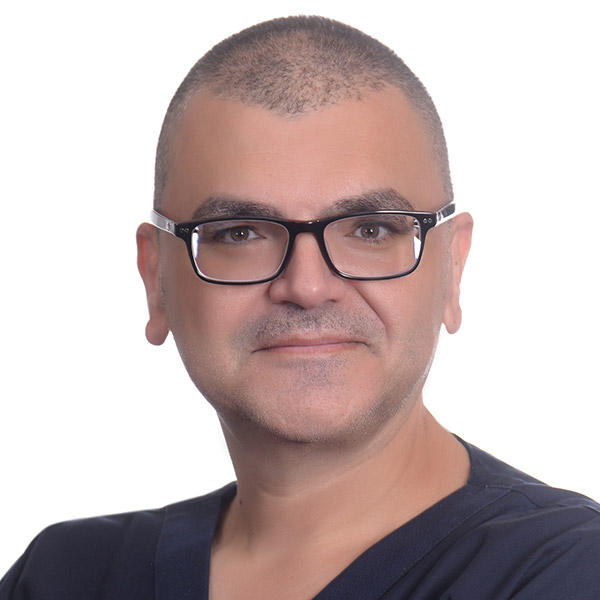
Mohammed Assous
Razi Spine Clinic
Amman, Jordan
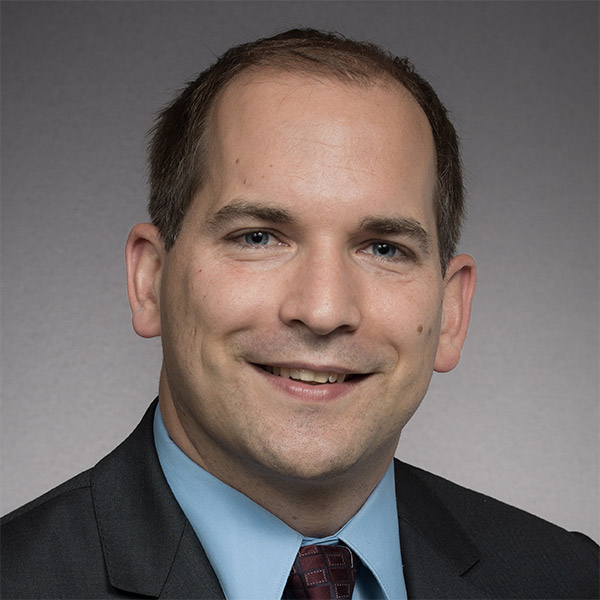
Christoph Hofstetter
University of Washington
Seattle, United States

JinSung Kim
The Catholic University of Korea
Seoul, South Korea
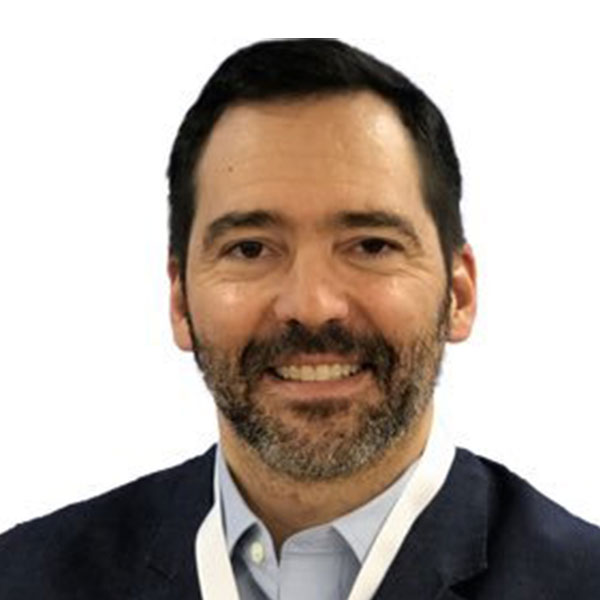
Avelino Parajon
Hospital Universitario
Ramón y Cajal
Madrid, Spain

Néstor Taboada
Clinica PortoAzul
Barranquilla, Colombia
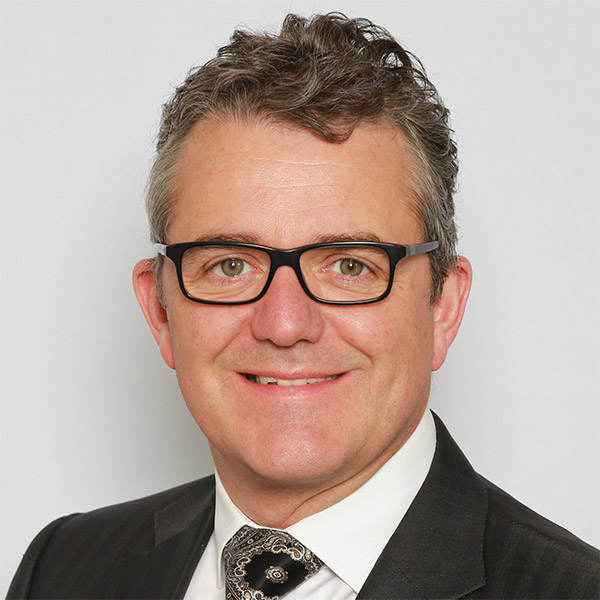
Paul Taylor
SpinesWA Mount Hospital
Perth, Australia
You might also be interested in:
Unilateral Biportal Endoscopy (UBE)
Ashwinkumar Vasant Khandge explains why spine surgeons should make the leap and learn to master UBE.
Surgical simulation
AO Spine Educational Strategies Task Force is constantly monitoring the market for the best possible learning outcomes.
Improving skills and confidence
High-fidelity training simulator for minimally invasive lumbar decompression provenly increases working knowledge and technical skills among orthopedic and neurosurgical trainees.


